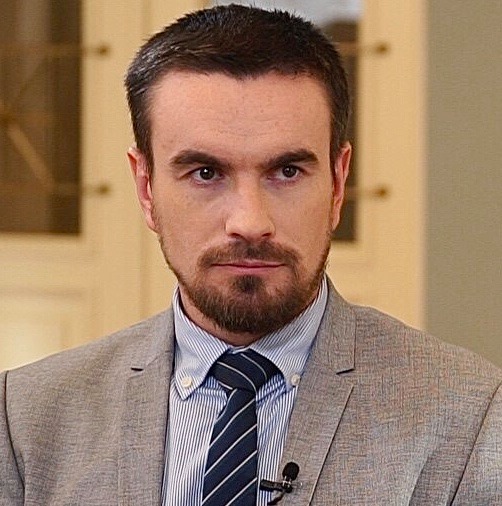The first half of 2012 saw the main trend in the political democratization and liberalization segment carry on from the year 2011, as stagnation continued. There were new manifestations of administrative and criminal prosecution of democratic opposition and civil society activists; the former presidential candidate Andrej Sannikau and his authorized representative Zmicier Bandarenka were released in April, but 12 people recognized by the European Union as political prisoners are still behind the bars.
In the economic sphere, the authorities managed to balance the macroeconomic situation without structural reforms, limiting themselves to external borrowing. The government and the National Bank pursued a rather tight monetary policy and effectively resisted the industrial lobby, which insisted on alleviating fiscal restraints. Some liberalization processes were observed, albeit limited and reversible.
The authorities got back to the less transparent and much slower approach to privatization and missed the unique opportunity to liberalize prices while avoiding a new price hike in a situation when inflation slowed and administrative price regulation mechanisms were stalled.
In good governance and the rule of law section, the practice of “manual control” still remains, as any more or less meaningful decisions, including those to provide specific preferences to a specific economic agent, are taken personally by the president and local authorities. The official media have forgotten the once popular liberalization rhetoric.
When it comes to Belarus’ geopolitical orientation, Belarus in the second quarter furthered integration with Russia amid certain de-escalation of its relations with the West and more active cooperation with the developing world. The sources of potential conflicts in Belarusian-Russian relations are obvious; however, they have been blocked so far by the high priority of the Eurasian Union project on Russia’s agenda. Although Belarusian officials’ messages to the European Union became quite moderate by the end of the first half of 2012, and so did official media reports, the tense nature of the engagement between Belarus and EU institutions remained, while bilateral relations were deeply frozen.
Despite some apparent positive developments, the cultural trend demonstrated the ongoing politicization and ideologization of culture life in the country, as well as increasing polarization of the cultural sector and depreciation of the culture products that constitute the official discourse.
Full version of the monitoring in pdf format is available here




